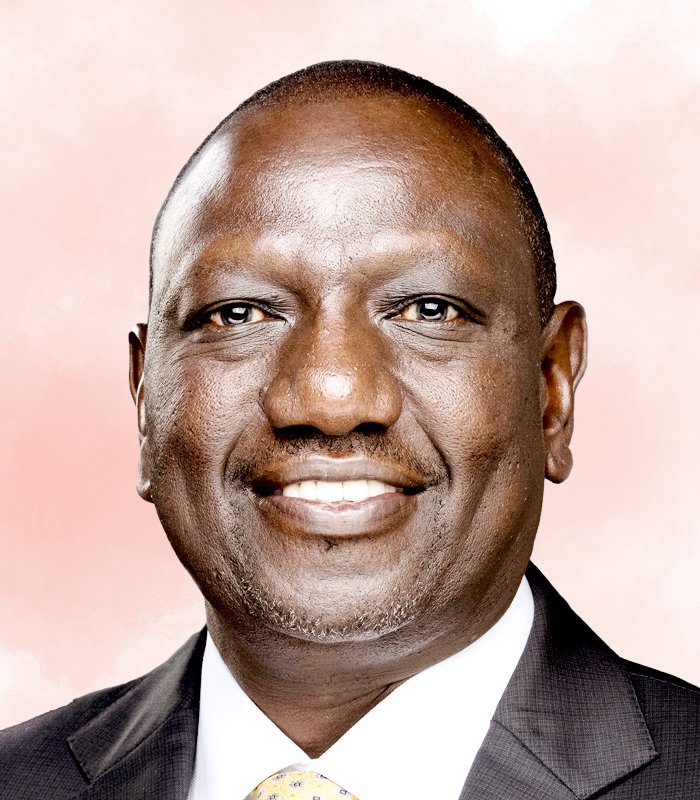Jennifer Holmgren is CEO of carbon-recycling company LanzaTech. Under her leadership the company has developed the world’s first alternative aviation fuel derived from industrial waste gases. She plans to have 6 new plants up and running in early 2024, with a collective carbon-reducing capacity equivalent to removing 110,000 cars from the road each year.
What is the single most important action you think the public, or a specific company or government, needs to take in the next year to advance the climate agenda?
We need businesses to deploy local, distributed decarbonization technologies, and governments to help fund them so that developing nations—in addition to wealthier countries—have the means to lower their carbon footprint. We can only make a gigatonne impact on climate change when we expand beyond the old paradigm of “scaling up” and focus on “numbering up,” which means local execution on a global scale. For example, distributed systems employing new biorecycling and carbon utilization technologies can be applied to any geography, including the Global South, transforming waste carbon that would otherwise pollute our communities and our homes into sustainable raw materials.
What is a climate technology that isn’t getting the attention or funding it deserves?
Many people have heard of carbon capture and sequestration (or “CCS,” which stores waste carbon), but carbon capture and utilization (or “CCU,” which reuses waste carbon) has gotten considerably less attention, including in global policy frameworks. CCU reimagines the extractive, linear carbon economy that makes the majority of products in our daily lives. While power can be carbon-free, we need a source of sustainable carbon for things like textiles, packaging, and consumer goods. Instead of pulling virgin fossil carbon out of the ground, we can reuse waste carbon that would otherwise pollute our communities and use it to make more sustainable products.
What sustainability effort do you hope will gain popularity with the general public this year, and why?
I want people to start questioning the source of carbon in the things they use. Just like you might wonder if something is Fair Trade or organic, I hope the general public will begin seeing recycled carbon choices in the consumer goods available in stores. I’d also like people to acknowledge that it isn’t a “green premium” for sustainable products. Rather we are enjoying a “fossil discount” for the current status quo. Thanks to long-standing subsidies and well-established economies of scale, it is tough for new technologies to compete, and so it distorts how people perceive sustainable goods today.
Correction, 1/24/24:
The original version of this article misstated the number of plants LanzaTech plans to open in 2024. It will open 6 new plants, not 20.
- Cybersecurity Experts Are Sounding the Alarm on DOGE
- Meet the 2025 Women of the Year
- The Harsh Truth About Disability Inclusion
- Why Do More Young Adults Have Cancer?
- Colman Domingo Leads With Radical Love
- How to Get Better at Doing Things Alone
- Michelle Zauner Stares Down the Darkness





